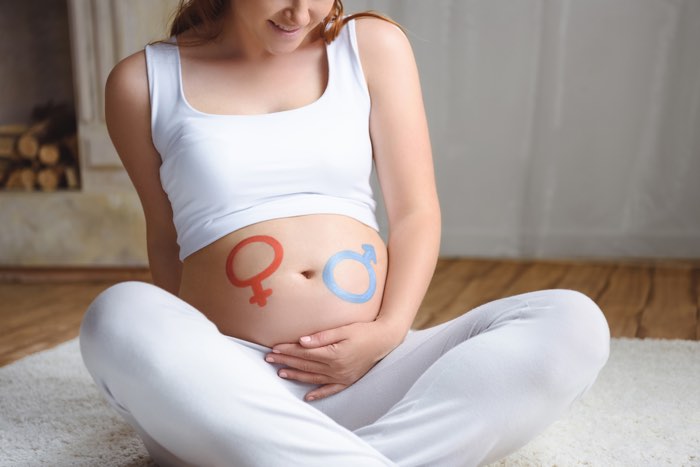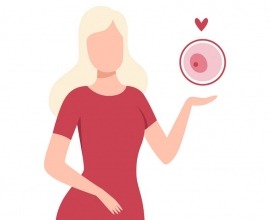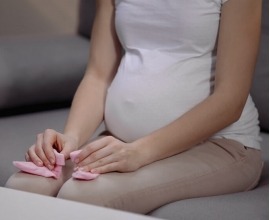Babymoon In A Nutshell
A babymoon is defined as a “relaxing getaway for expectant mothers and couples before the arrival of their newborn.” Moms-to-be partake in a type of “one last hurrah” holiday with their partner, friend, family member etc. to enjoy themselves before the transition into a family with a baby.
Though the concept of a babymoon may seem to have been born out of the modern era where travel has become more accessible, convenient and affordable, the term can actually be traced back to the early 1990s. A portmanteau of “baby” and “honeymoon”, the word “babymoon” was coined by Sheila Kitzinger, a pregnancy and childbirth author. Kitzinger defined a babymoon as “a calm, uninterrupted period of time necessary to parents after the birth of their child to bond together as a family.”
Nowadays however, the definition has evolved into babymoons becoming a kind of “rite of passage into parenthood” where expectant mothers and couples use the time before the arrival of their baby to enjoy their time together. Babymoons have now become a catalyst in which expectant mothers, their partners and family use to acknowledge a time in their lives that is about to change for the better.

Babymoons differ depending on an individual or couple’s travel preferences and itineraries but it can generally be boiled down to two kinds: a staycation or a trip abroad. According to the American College of Obstetricians and Gynecologists, the best time for a mother-to-be to travel is during the second trimester (between 14 to 28 weeks into the pregnancy). The reason for this is because morning sickness is typically the worst during the first semester and if you’re planning on flying being constantly nauseous on a plane will prove uncomfortable and inconvenient. Another reason why the second trimester is a good time to travel is that the baby bump hasn’t grown to a size where it starts to impinge upon and limit an expectant mother’s activities.
To ensure that risks are minimized for both mother and baby many expectant individuals and couples usually consult with their primary physician or midwife before embarking on a trip. Doing so will allow the doctor to review the individual or couple’s travel itinerary and provide them with advice and precautions they may need to consider, especially in regards to vaccines the expectant mother may need, types of activities to steer clear from, and foods to avoid.
In conclusion, babymoons are a new and growing trend among mothers-to-be and parents-to-be despite the fact that the name itself was established in the early 1990s. Babymoons are a type of vacation that is growing in popularity because it a way for couples and their family and friends to get together to celebrate the upcoming new addition to the family and to spend their time before connecting and reconnecting with each other.














